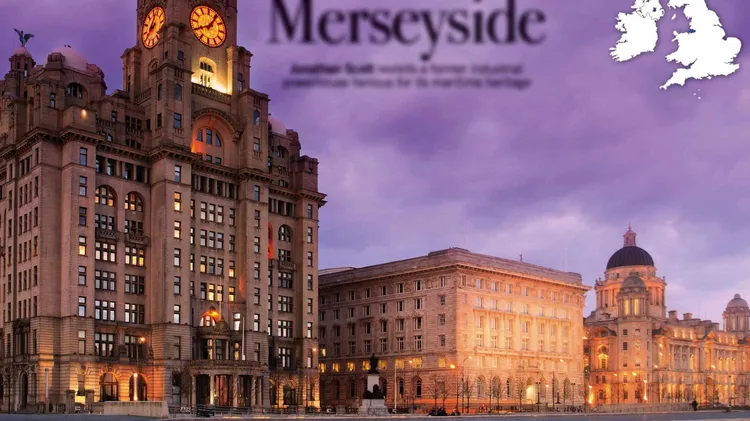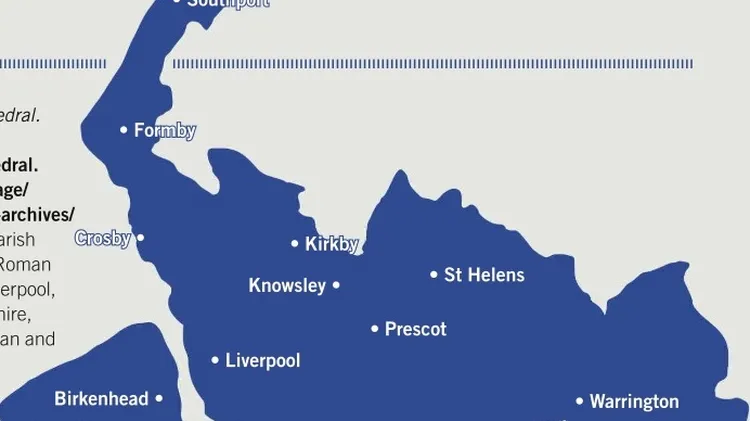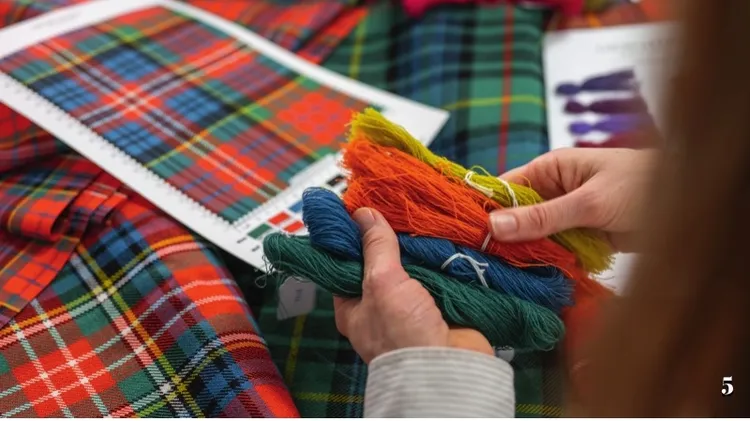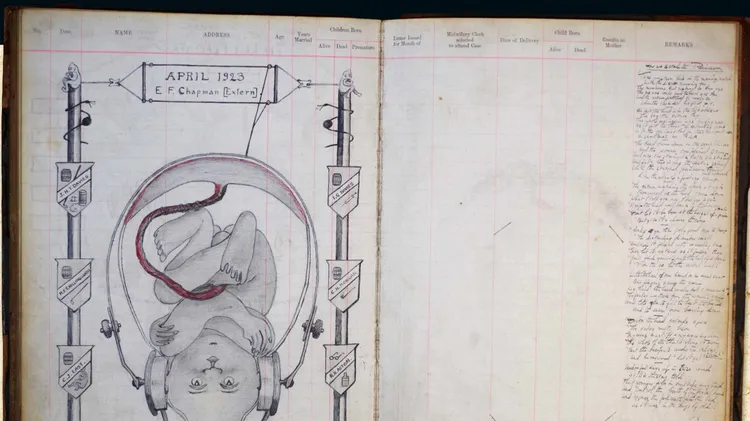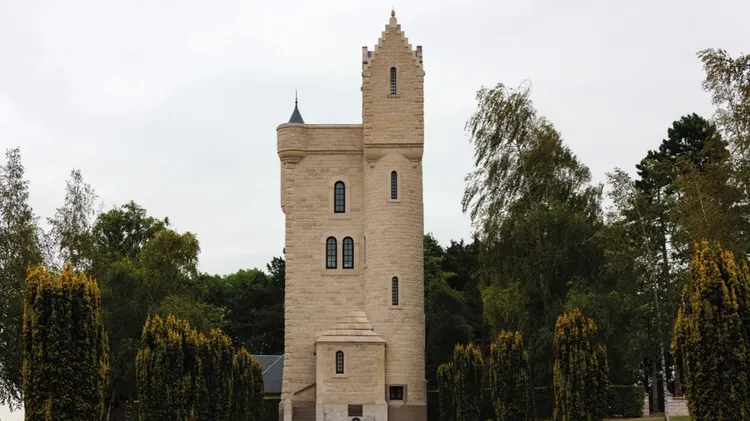Jonathan Scott finds hidden gems and name-rich collections in centr
Around britain strathclyde
6 min read
This article is from...
Read this article and 8000+ more magazines and newspapers on Readly

